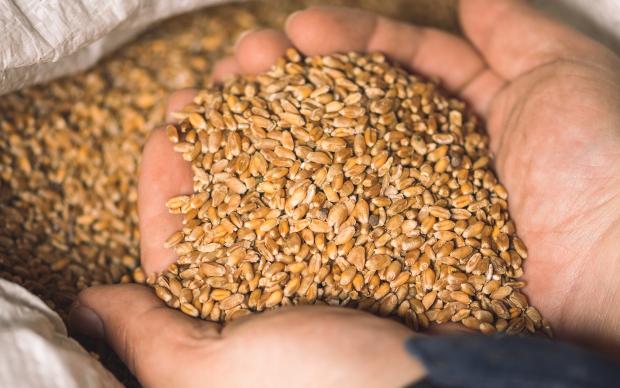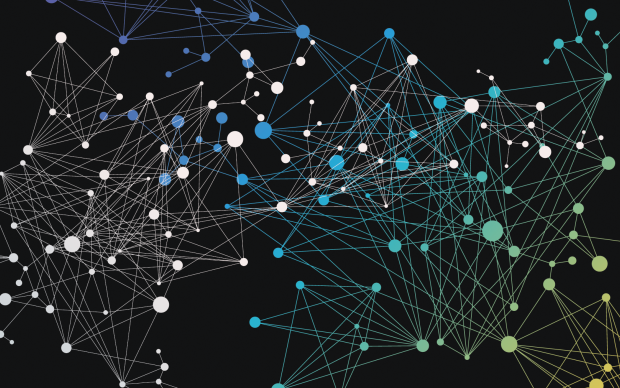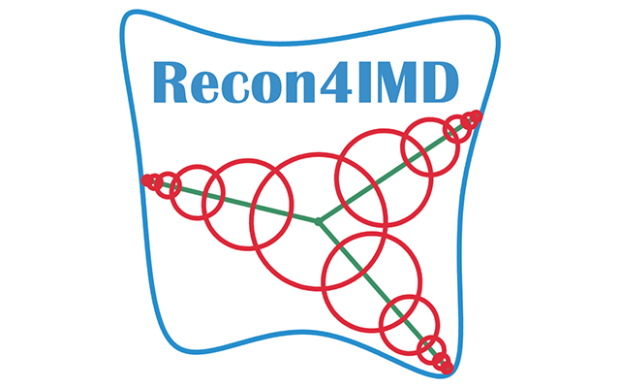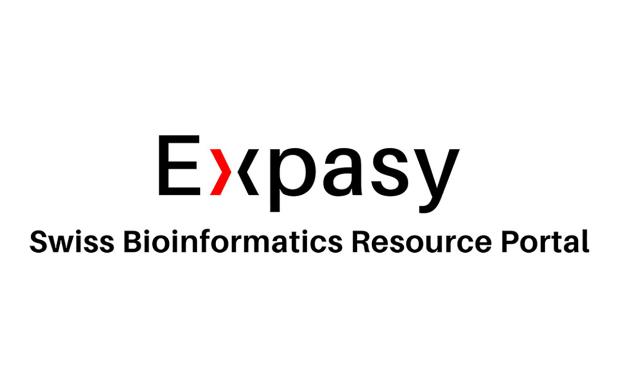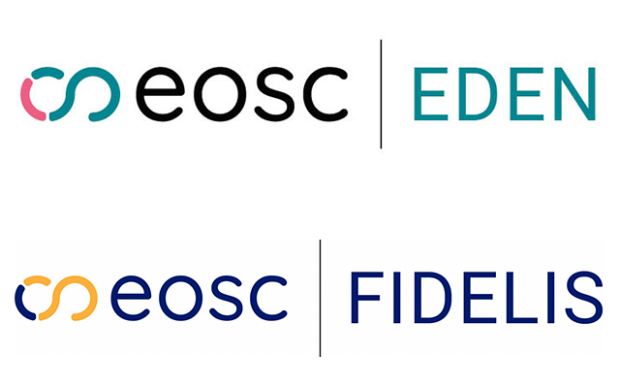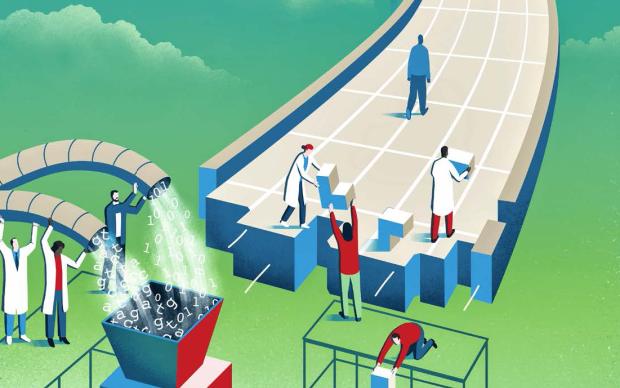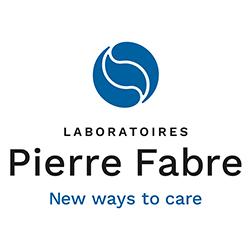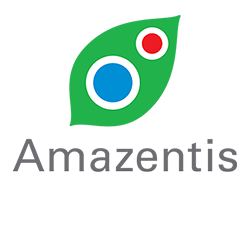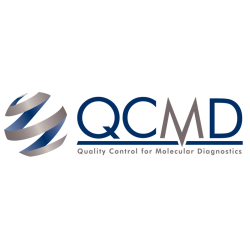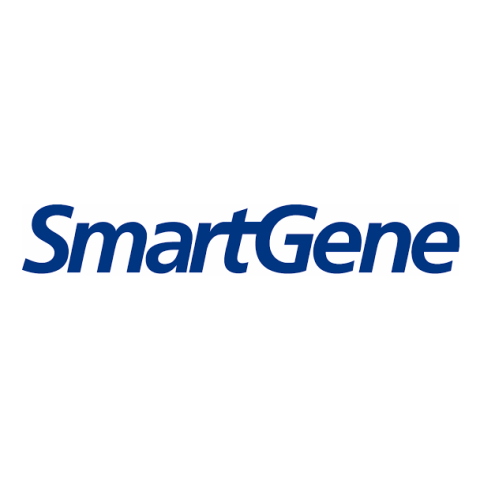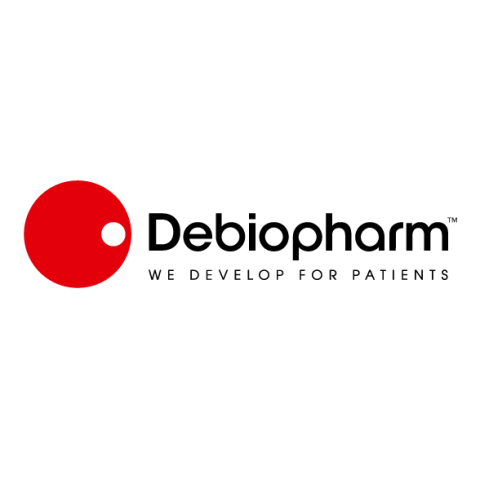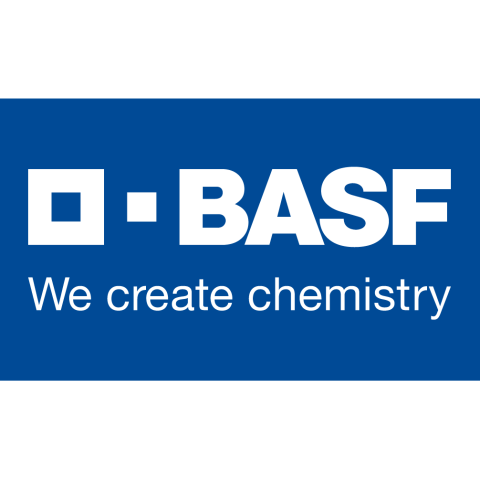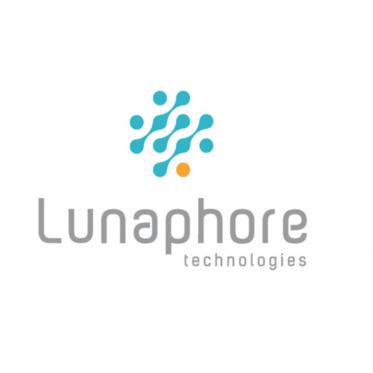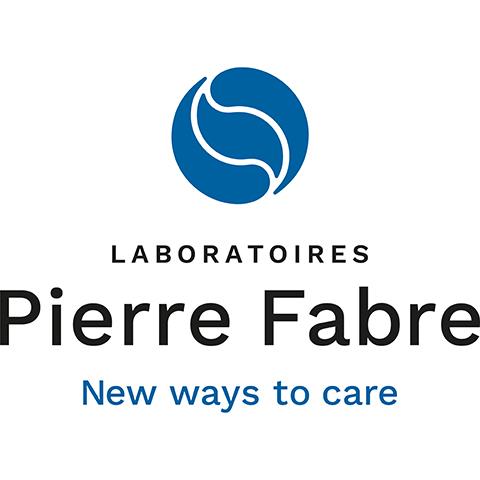Get novel and faster insights by accessing the big picture of the available data, and through intuitive queries across interconnected datasets. Make your data more useful through rich semantics. Boost its visibility by following best practice standards for data interoperability, sharing and publication. Our expertise in knowledge graphs, ontology engineering and software development acts as an accelerator for data preparation, integration and FAIRification.
Connecting data silos across groups and countries in today’s pharmaceutical and crop protection industries
The challenge
Homogenizing data access and meaning in corporations and multisite organizations without modifying or replicating the original data sources are important requirements to accelerate the discovery process.
Our solution
A federated data integration architecture within an industrial setup, that relies on an ontology-based data access method.
From plants to digital libraries of chemical compounds
The challenge
Going from physical objects (e.g. plants in a botanical garden) to digital resources by applying best practices for data sharing and (re)use. Define relevant metadata, ontologies and cross-references to existing relevant resources.
Our solution
We help you to define proper metadata and ontologies, and to interlink your digital objects with most relevant and authoritative resources related to the field. We are for instance bringing this expertise to the Digital Botanical Gardens Initiative, to digitalize chemical and biological diversity.
Leveraging knowledge graphs to enable AI-based predictions
The challenge
Making your dataset available for semantic search interfaces and for integration into artificial intelligence (AI) models to derive new insights.
Our solution
We support you in making your datasets available as interoperable knowledge graphs through SPARQL endpoints. We also assist you in federating and integrating datasets with existing knowledge graphs, for example using graph neural networks to predict new connections from the original data. We recently deployed one such model leveraging RDF data from the leading open science resources STRING (protein-protein interactions) and OMA (orthology), developed by SIB.


